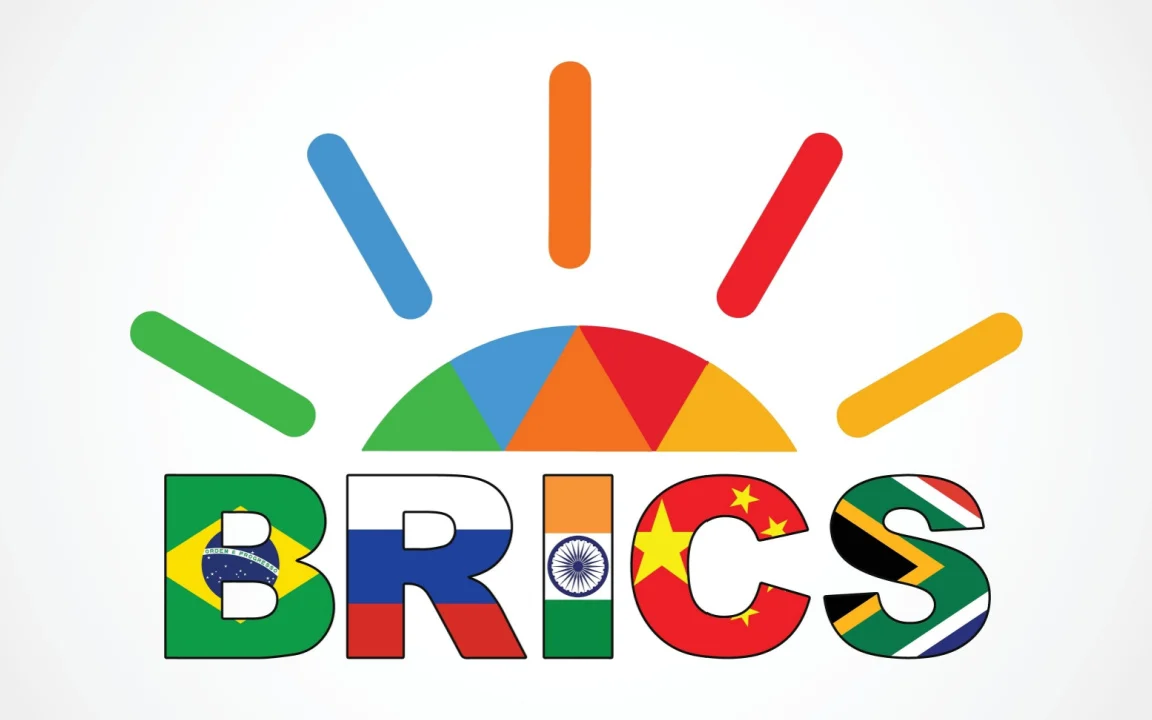|
Getting your Trinity Audio player ready...
|
Turkey has quietly taken a significant step on the global stage, submitting a secret application to join the BRICS bloc, which currently includes Brazil, Russia, India, China, and South Africa. This strategic move reflects President Recep Tayyip Erdogan’s administration’s desire to balance Turkey’s alliances, expanding its influence beyond its traditional NATO partners and the increasingly strained relationship with the European Union.
The Geopolitical Recalibration
Turkey’s application to join BRICS is more than just a political maneuver; it is a recalibration of its global strategy. As the geopolitical center of gravity shifts from Western-dominated institutions, Turkey is seeking to align itself with emerging powers that are reshaping the global order. This comes at a time when Ankara’s long-standing quest to join the European Union has stalled, leading to growing frustration within the Turkish government.
The move also highlights Turkey’s increasingly complex relationship with its NATO allies, particularly after maintaining close ties with Russia despite the West’s sanctions over the Russia-Ukraine war. Erdogan’s administration appears to be walking a tightrope, trying to keep Turkey neutral while fulfilling its obligations as a NATO member. In a recent statement in Istanbul, Erdogan emphasized the need for Turkey to enhance its relations with both the East and the West, signaling a strategic pivot towards a more balanced foreign policy.
BRICS as a Counterbalance to Western Influence
For Turkey, joining BRICS offers an opportunity to forge new alliances and access alternative sources of economic support. BRICS positions itself as a counterweight to Western-led institutions like the International Monetary Fund (IMF) and the World Bank, offering member states potential access to development financing and enhanced political and trade relationships. As Turkey looks to bolster its economy and assert greater independence on the world stage, BRICS membership could provide the necessary leverage.
Erdogan’s government has often accused Western nations of undermining Turkey’s aspirations for a self-sufficient defense industry and economic autonomy. By aligning with BRICS, Turkey could enhance its economic cooperation with Russia and China, and potentially position itself as a key trade bridge between Europe and Asia. This aligns with Erdogan’s broader vision of developing relations with multiple global powers on a “win-win” basis, as he mentioned when expressing interest in joining the Shanghai Cooperation Organization, another group founded by Russia and China to counterbalance NATO.
The Economic and Strategic Implications
Turkey’s pivot towards BRICS also comes as it continues its efforts to revive EU membership talks, which have been stalled for years due to concerns over Turkey’s democratic practices. By joining BRICS, Turkey hopes to diversify its economic partnerships and reduce its dependency on the EU, while still seeking to act as a vital conduit for trade between Europe and Asia.
Moreover, Turkey aims to leverage its strategic position to attract investment, particularly from Chinese companies in industries such as electric vehicles. By capitalizing on its customs union with the EU, Turkey could enhance market access for these investments, further solidifying its role as a key player in the global economy.
Also Read: Turkey’s BRICS Bid – NATO Member’s Move To Challenge Western Dominance Could Reshape Global Trade
As Turkey awaits the outcome of its BRICS application, the upcoming summit in Kazan, Russia, on October 22-24, will likely be a critical moment in this geopolitical shift. With other nations like Malaysia, Thailand, and Azerbaijan considering joining BRICS, Turkey’s potential membership could mark a significant realignment in global power dynamics.
In conclusion, Turkey’s secretive application to join BRICS signals a strategic shift in its foreign policy, one that seeks to navigate the complexities of a changing world order. As Erdogan’s administration continues to balance its Western commitments with its aspirations for greater influence in the East, Turkey’s future role on the global stage could be profoundly transformed.
Disclaimer: The information in this article is for general purposes only and does not constitute financial advice. The author’s views are personal and may not reflect the views of Chain Affairs. Before making any investment decisions, you should always conduct your own research. Chain Affairs is not responsible for any financial losses.
A lifelong learner with a thirst for knowledge, I am constantly seeking to understand the intricacies of the crypto world. Through my writing, I aim to share my insights and perspectives on the latest developments in the industry. I believe that crypto has the potential to create a more inclusive and equitable financial system, and I am committed to using my writing to promote its positive impact on the world.



